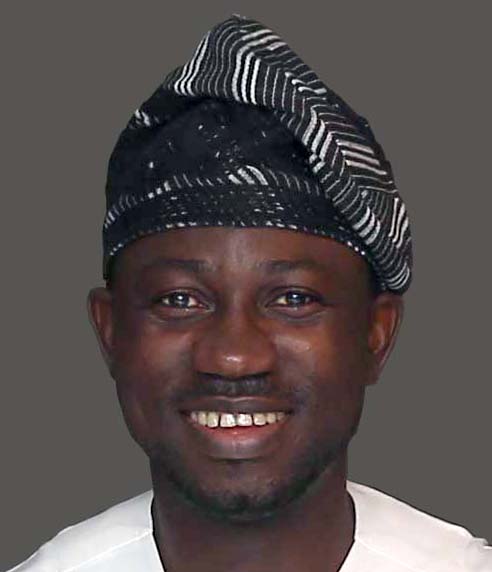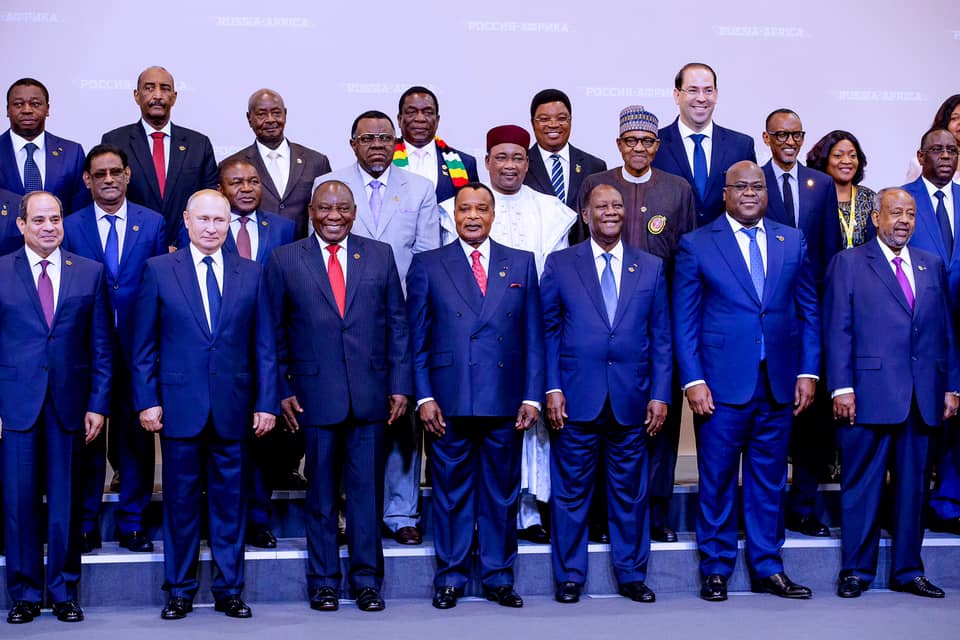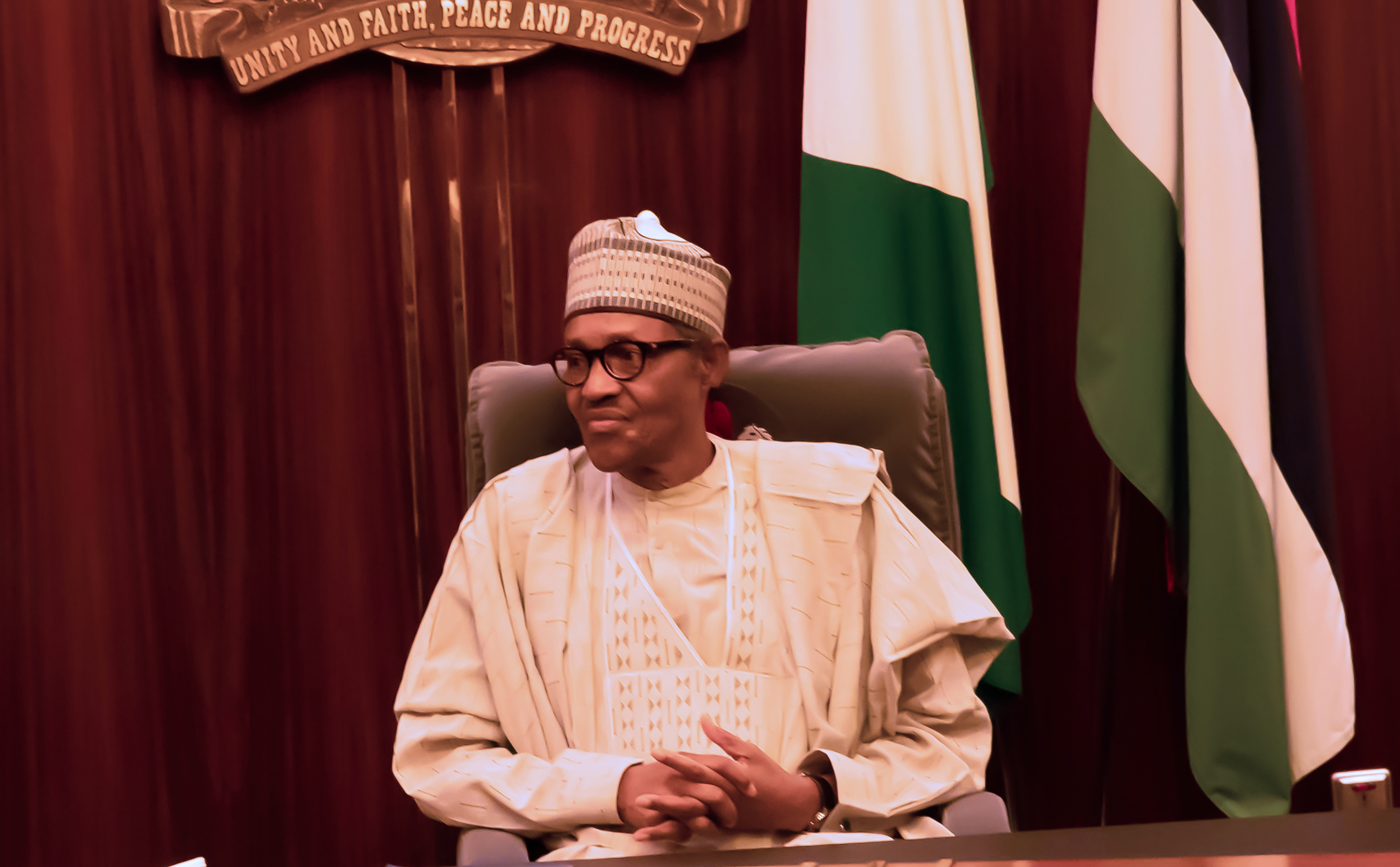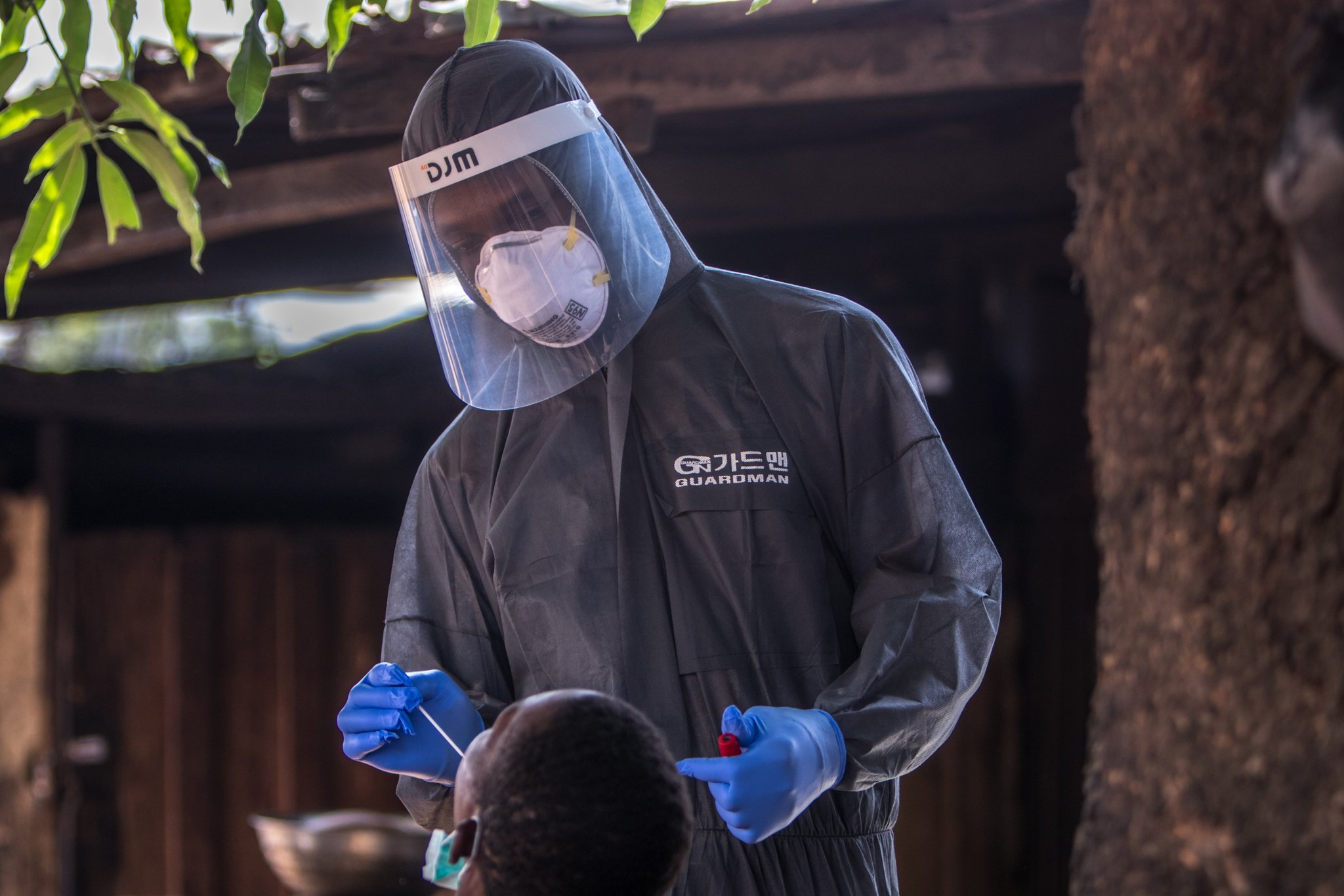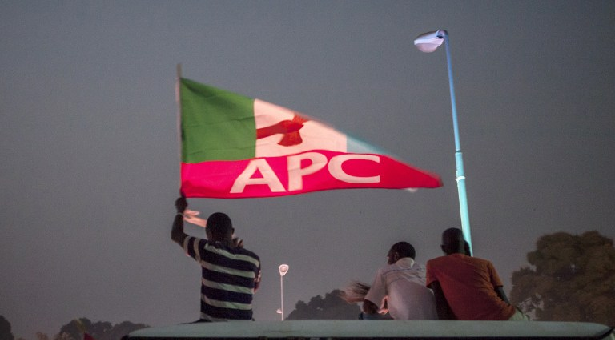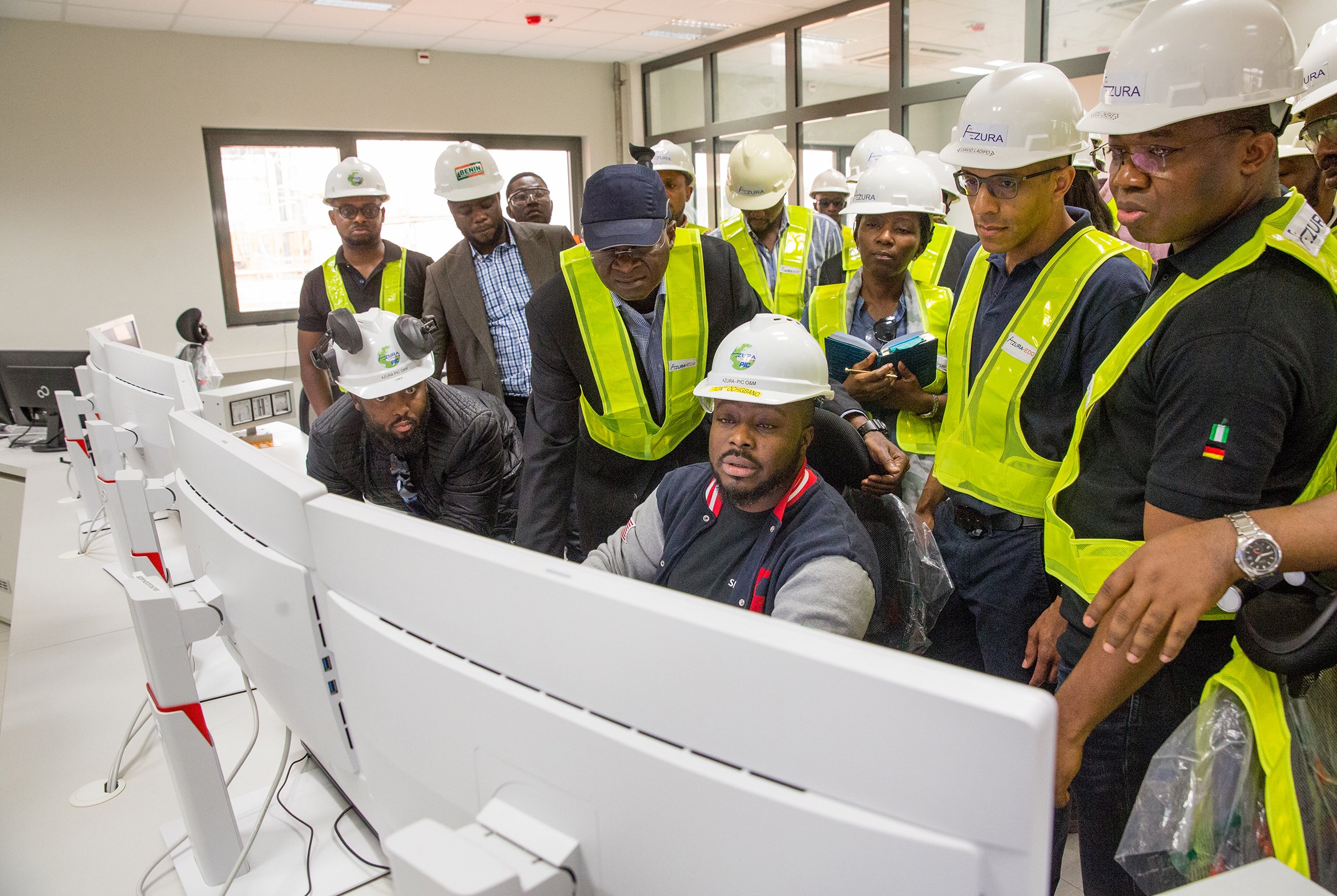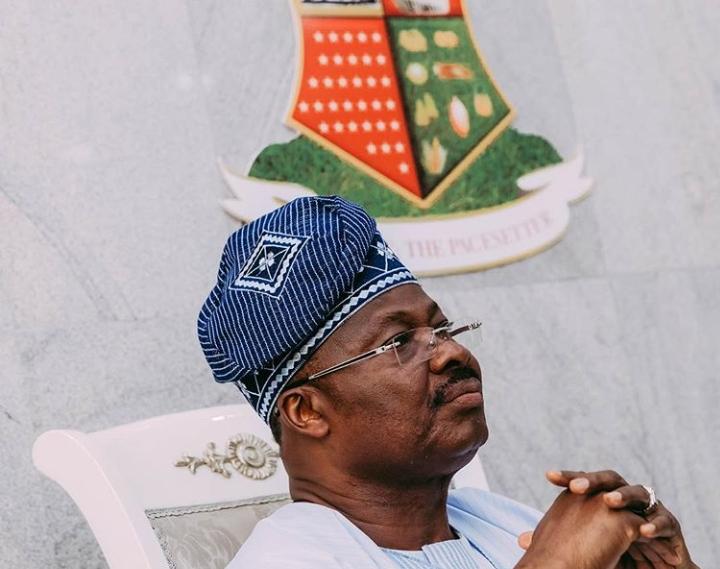President Putin of Russia and other African leaders pose for "family photo" at the Russia-Africa Summit
I used to think the world was experiencing a leadership crisis.
From Abuja to London and Washington, I’d shake my head and think ‘why are we allowing the worst amongst us to lead, yet we complain of poor performance?’
What I’ve since found out, through my little understanding of how we got to where we are today, is that actually, the kind of leaders we have aligns with the type of leadership those who wish for the status quo to remain, think we deserve.
And it didn’t start today. It started with using personal, cultural and State agendas to make policies and laws and societal systems. Race? Make it a thing. Sexism? Back it with science and religion. Poverty? Make it a crime.
Advertisement
It’s now clear, beyond reasonable doubt, that skin colour is nothing more than that: the colour of your skin. With zero bearing on anything else about being. Yet for centuries the acceptable knowledge was that the so-called black race was inferior to the ‘white race’.
Religion and science not only fully backed this, but were active facilitators, participants and beneficiaries.
It’s the same for the concept of the superiority of one sex over the other. It wasn’t popularized as one person’s opinion. Science pushed it, religion propagated it. Cultures embraced it. Governments entrenched it. It’s so mainstream that many today still wonder why anyone would want equality of the sexes.
Advertisement
Sex was sold to us as a macho thing – something a man did to a woman. The woman became to the man what the negro was to the slave master. And just like slavery, there was gospel to back this up for centuries.
In fact, women could not vote until 1918 and 1920 in Britain and the US respectively.
Look at formal, conventional education. We spend up to 20 years of our lives going through a one-size-fits-all system that mostly only prepares us for a life of subsistence.
At least half of the world’s population live below $3 a day. That’s over three billion people. As the gap between the educated and uneducated continue to close, the gap between the haves and have nots is widening. And I don’t mean having money alone.
Advertisement
The most urgent issues the world faces today include global poverty, racism, sexism, poor healthcare, and unemployment. How do we get governments and leaders around the world to stop paying lip service and actually start prioritizing these?
But equally – if not more – importantly, how do we completely dismantle the supremacist systems that are definitely counter-productive to the kind of advancement and development the world so badly needs?
Those were not rhetorical questions. I have an idea: How about we begin to consider a new, and totally different way of running the world? From our approach to work, currencies, governance, science, education, religion, and more?
Why is it that we disenfranchise the most vulnerable amongst us? Why are ‘essential workers’ amongst the least paid? Can we rethink our attitudes to management and democracy based on intersectional equality? An intersectional approach which prioritizes care as its agenda? Can we create a new, functional society built on the ethics of care?
Advertisement
I’m going to spend the next few weeks articulating a thesis, most of which I’m sure will sound ridiculous based on how we have all been conditioned. But if anyone told us we would someday be on a global lockdown for over three months, it would have been met with equal – if not worse – scepticism. Yet here we are.
This piece, The Great Pause Was an Economic Revolution, written by Bruno Maçães for Foreign Policy, is a good way to start contemplating how our lives are changing and what tomorrow could, and should look like.
Advertisement
Views expressed by contributors are strictly personal and not of TheCable.
Add a comment
